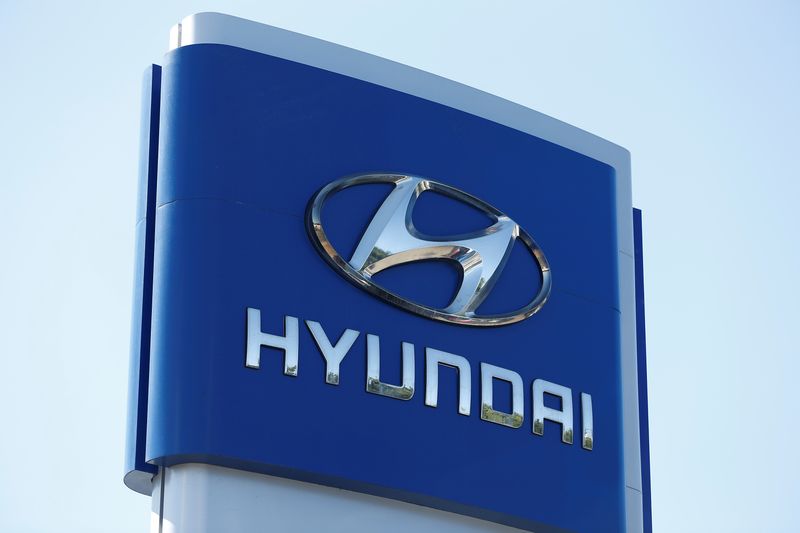Consumption is one of the most commonly used terms in economics. It refers to the spending of money on goods and services. To achieve economic growth, consumers need to buy products from businesses, since this will help stimulate a healthy economy.
Consumption is a simple concept yet plays a critical part in every country’s economy. By understanding how consumption works, domestic businesses can better understand the dynamics of their market and how to improve their services.
What is Consumption?
Consumption, in economic terms, is the act of buying goods and services. It’s a daily activity that keeps the economy running. Every purchase made contributes to business revenue and promotes economic growth.
When it comes to GDP (Gross Domestic Product), consumption is one of the largest components.
It makes up roughly two-thirds of total economic activity in most developed countries. To measure how much people are spending, economists look to consumer spending statistics to monitor changes in the economy.
Even local businesses can use these statistics to better understand their customer base and tailor services accordingly.
Understanding consumption helps businesses adapt to market trends and enhance their offerings. Simply put, consumption is essential for business and economic development.
The Importance of Consumption
There are many reasons why consumption is important – here are some of the main ones
- Drives Economic Activity: Consumption is the main engine that powers an economy. It fuels business activity, which leads to increased production and job creation.
- Indicates Economic Health: The level of consumption can indicate the health of an economy. High consumption usually means a thriving economy, while low consumption may signal economic downturns.
- Promotes Business Growth: Consumption encourages businesses to expand and innovate. The demand for products or services pushes companies to create better offerings and improve their operations.
- Influences Market Trends: Consumption patterns help determine market trends. Businesses can use these patterns to understand consumer preferences and adjust their strategies accordingly.
- Supports Government Revenue: Consumption contributes to government revenue through taxes. This income helps fund public services and infrastructure, improving the quality of life for everyone within the country.
Consumption in Neoclassical Economics
In Neoclassical Economics, consumption plays a vital role. This theory assumes that people act rationally and aim to maximize satisfaction from goods and services. This satisfaction or utility influences their buying decisions.
Consumers choose what to buy based on their budget and the price of goods. They aim to get the most satisfaction from their money. This decision-making process drives demand in the market.
Businesses respond to this demand by adjusting their production. They aim to supply goods and services that consumers want most. This interaction between consumer demand and business supply shapes the economy.
In short, consumption in Neoclassical Economics is a key driver of market trends and economic activity. It’s the link between consumer desire for satisfaction and business response to meet this demand.
Conclusion
One of the most important concepts in economics is consumption. It’s the act of buying goods and services to meet the needs and wants of consumers, which drives economic growth. Businesses can use consumption patterns to understand consumer preferences and make more profits. It’s a simple yet powerful tool in economic development.
Further questions
What's your question? Ask it in the discussion forum
Have an answer to the questions below? Post it here or in the forum

A proposal to give up search and user data faces long odds but still raises the stakes for the company.

After US federal prosecutors charged Gautam Adani and several associates with fraud, media coverage in India has ranged from dryly factual to over-the-top in its defensiveness, revealing a divide over how to appraise bribery accusations against one of the nation’s richest businessmen.

As artificial wave pools proliferate around the world, surf park developers aim to go green to counter criticism over energy and water use.

